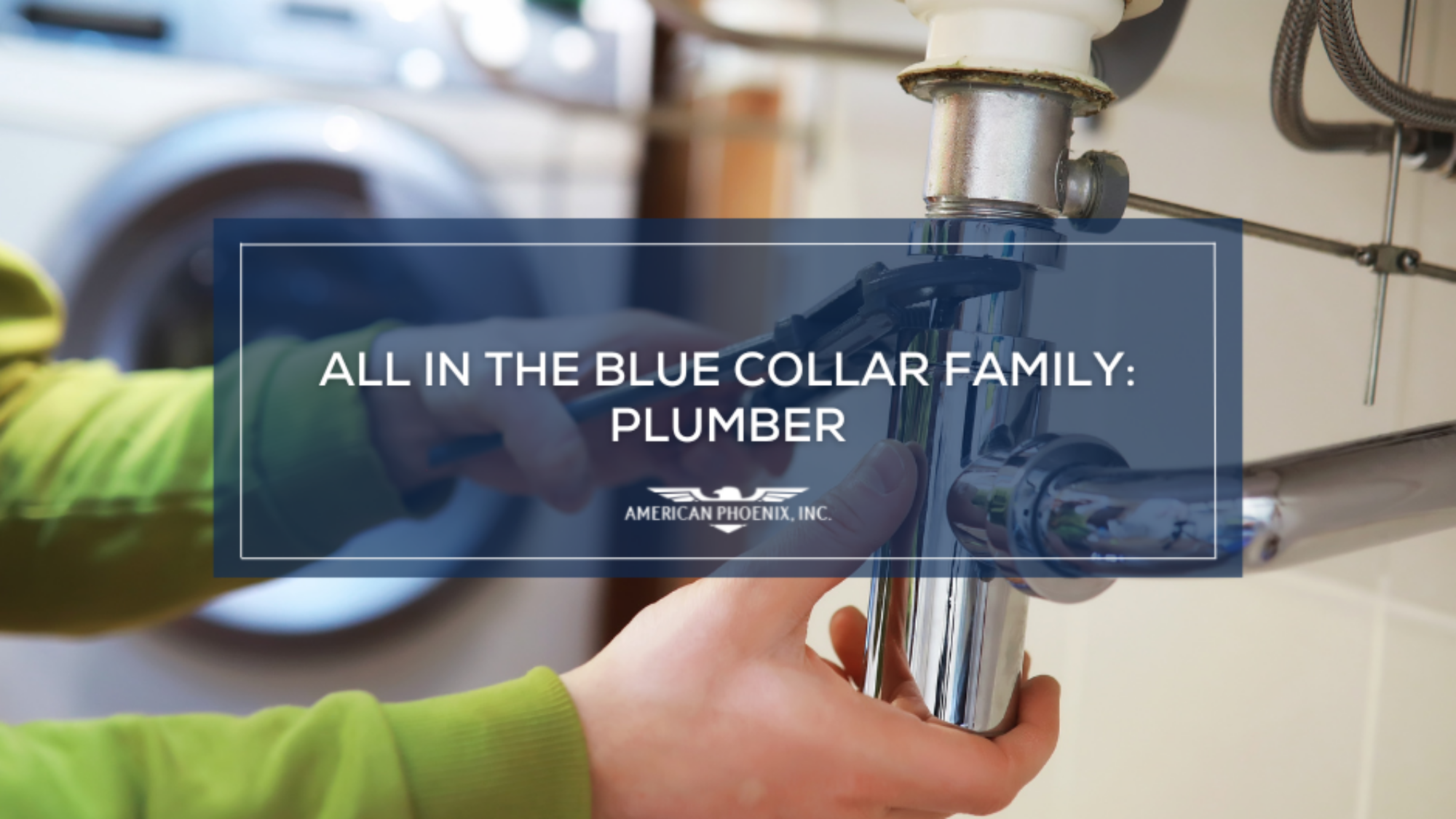The expertise of plumbers extends beyond fixing leaks and unclogging drains. They ensure the seamless flow of water and effectively remove waste from our homes and businesses, bringing comfort and sanitation to our daily lives. From water supply systems to gas lines and sewage disposal, plumbers are valuable guardians of our health and well-being.
The term “plumbing” is derived from the Latin “plumbus,” meaning “lead,” which is what some of the earliest pipes built by ancient Romans were made of. While lead is no longer used, having been replaced by materials such as copper and PVP, the systems of civilizations thousands of years ago remain an excellent representation of the significance the plumbing trade has had on society.
History of Plumbing
Some historians believe that plumbing can be traced back to at least 3000 BC in the Indus Valley and Babylonia, where evidence of wells and drains has been found. However, the most notable evidence of advanced plumbing systems is generally associated with ancient Rome, where intricate aqueducts and sewage systems transported water in and waste out of their cities, emphasizing cleanliness and health consciousness.
Fast forward to the 19th century, urbanization led to the widespread adoption of indoor plumbing in the industrialized world, transforming the plumber’s role into a vital component of modern society and significantly enhancing overall comfort and sanitation. As the industry has developed, new technologies and regulations have continued to improve the operation of fixtures and ensure the safety of the individuals who utilize water and waste systems.
The Role of Plumbers
Plumbers today are responsible for designing, building, and maintaining pipe fixtures, typically in residential and commercial buildings. Their work involves directing water, and sometimes gas, to and from facilities through complex systems, ensuring the proper function of appliances like showers, sinks, and toilets. They are called to install new piping and perform repairs as needed.
What Plumbers Do
Plumbers are crucial in safeguarding public health by ensuring access to clean water and proper waste disposal. Some of their typical responsibilities include:
- Installation of Plumbing Systems: Plumbers are responsible for accurately installing and connecting piping systems for water supply, heating, and sewage disposal in residential, commercial, and industrial settings.
- Following Blueprints and Specifications: Plumbers must interpret architectural plans and specifications while working closely with architects, contractors, and other construction professionals to ensure that plumbing systems are designed and installed according to the project’s requirements.
- Diagnosing and Repairing Plumbing Issues: Plumbers identify and troubleshoot problems such as leaks, clogs, or malfunctions in plumbing systems, employing their expertise to provide effective and lasting solutions.
- Ensuring Compliance with Codes and Regulations: Plumbers adhere to local and national plumbing codes and regulations, ensuring that their work meets safety and quality standards set by governing authorities.
- Maintenance of Plumbing Systems: Plumbers are responsible for the inspection and maintenance of plumbing systems, including cleaning and adjusting, as well as communicating with clients to offer guidance on proper usage, thus preventing potential issues and extending the lifespan of installations.
Becoming a Plumber
Becoming a plumber is a journey that combines practical skills, technical knowledge, and a commitment to providing excellent service. The process of becoming a plumber generally involves:
- Education: Before becoming an apprentice, an aspiring plumber must be 18 and have a high school diploma or equivalent. They must then apply for a plumbing apprentice license, which they typically become eligible for by being accepted into an apprenticeship position.
- Apprenticeship: The next step involves learning the ropes under the guidance of experienced mentors, often by watching a journeyman or master plumber. At the same time, they work and perform simple tasks such as cleaning and organizing tools.
- Licensing: To practice independently and perform more complicated tasks, plumbers must receive a “journeyman” plumbing license. This commonly requires at least four years of experience in an apprenticeship role and passing a state board exam.
- Continuous Learning: Becoming a “master plumber” similarly requires at least two years of experience as a journeyman plumber and passing an exam. Some states may also require proof of knowledge in specific areas of plumbing, such as irrigation or high-rise residential systems. Once a master plumber earns their license, they can open their own plumbing business and hire junior staff.
- Specialization: Advanced plumbers may choose to focus on residential, commercial, or industrial projects or specialize in areas such as pipefitting, steamfitting, or even green plumbing, which emphasizes sustainable and eco-friendly practices.
Plumbing is a dynamic and essential profession that has evolved over centuries to meet the ever-changing needs of society and remains integral to our health, safety, and the sustainability of our communities. And, as long as humans continue to use water and produce waste, it will continue to be a valuable trade for the inevitable future.
For more about blue-collar jobs, check out The Beauty Behind Blue Collar Work, All in the Blue Collar Family: Welder, and All in the Blue Collar Family: Electrician.
For more articles From the Plant, check out our blog.


Add a Comment